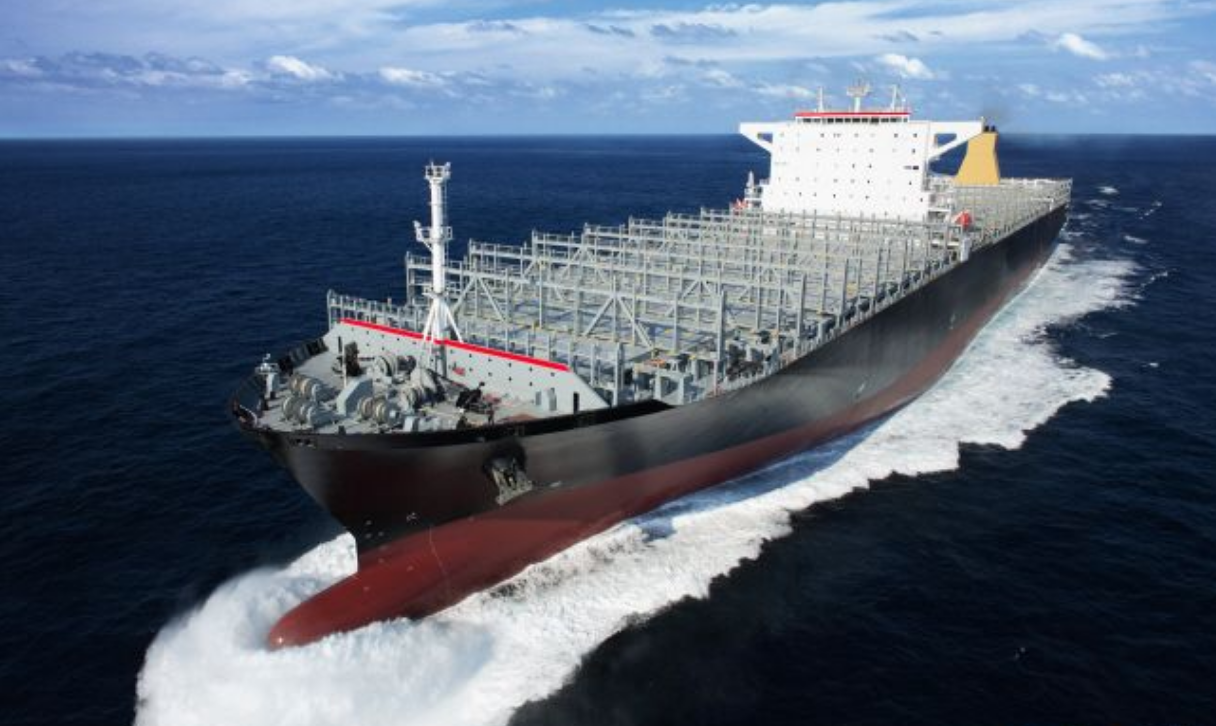According to Yonhap, on June 18, Samsung Heavy Industries that it has terminated ship equipment contracts worth 4.85 trillion won (US$3.54 billion) with Zvezda Shipbuilding Complex and plans to seek damages over what it called the Russian shipyard’s unilateral breach of contract.

The contracts, signed in 2020 and 2021, covered the supply of key ship parts and modules for 10 icebreaking liquefied natural gas (LNG) carriers and seven shuttle tankers.
Zvezda had notified Samsung Heavy of its decision to cancel the contracts in June 2024, citing U.S. and European sanctions that made it difficult to proceed with ship construction amid the prolonged Russia-Ukraine war.
The Russian shipyard also demanded the return of US$800 million in advance payments and related interest.
Samsung Heavy had claimed that the cancellation was unjustified and filed for arbitration with the Singapore International Arbitration Centre in July 2024. The company also pursued negotiations for a possible settlement.
The South Korean company said in a regulatory filing Wednesday that it ultimately decided to officially terminate the contracts and file for damages.
The company said it has informed Zvezda that it would withhold the $800 million already paid and seek compensation exceeding that amount.
“This issue stems fundamentally from the client’s unlawful contract termination,” a company official said. “We will fully commit to proving the illegality of the cancellation through arbitration and seek appropriate damages.”
Given the international context of the Russia-Ukraine conflict, it is not surprising that the partnership between Samsung Heavy Industries and Zvezda Shipbuilding has broken down.
Shortly after Zvezda unilaterally announced the termination of the contract, Samsung Heavy Industries announced the liquidation of ZVEZDA-Samsung Heavy Industries LLC, a joint venture established with Zvezda, and withdrew most of the employees sent to Russia. This move marks Samsung Heavy Industries’ full withdrawal from the Russian market.
It is understood that the joint venture was established in 2020 by Samsung Heavy Industries and Zvezda with a shareholding ratio of 49% and 51% respectively. It aims to jointly build shuttle tankers and provide technical support to Russian shipyards.
In the second year of the establishment of ZVEZDA-Samsung Heavy Industries LLC (2021), Samsung Heavy Industries announced the establishment of an independent subsidiary in Russia called Samsung Heavy Industries Rus to strengthen its responsiveness to the Russian market. The two parties also further consolidated their partnership through cooperation in crane installation and dry dock construction.
Under the previous friendly relations, Samsung Heavy Industries has obtained a total of 22 new ship contracts from Zvezda from 2019 to 2022, including 15 icebreaking LNG carriers and 7 shuttle tankers, with a total contract value of US$4.2 billion, setting a record for the largest shipbuilding contract at the time. It was originally planned to be used for Russia’s large-scale LNG development project-ARCTIC LNG-2 project after delivery.
This series of icebreaking LNG carriers belongs to the new ice-class ARC7 high-value-added LNG carriers. It is a joint project of Russian shipping giant Sovcomflot and Russian energy giant Novatek. It is 300 meters long, 48.8 meters wide, has a deadweight of 81,000 tons, a cargo hold capacity of 172,600 cubic meters, uses LNG as its main fuel, and flies the Russian flag.
However, as the Russian-Ukrainian conflict intensified in 2022, Samsung Heavy Industries’ partnership with Zvezda began to falter. The U.S. Treasury Department’s Office of Foreign Assets Control (OFAC) included Zvezda on the Specially Designated Nationals List (SDN List), meaning that all funds of the shipbuilder were frozen and it was prohibited from doing business with foreign countries.
This move resulted in the inability to continue the cooperation between Samsung Heavy Industries and Zvezda, resulting in only 5 of the 15 icebreaking LNG carriers being delivered, and the remaining 10 icebreaking LNG carriers and 7 shuttle tankers were eventually “cancelled”.


